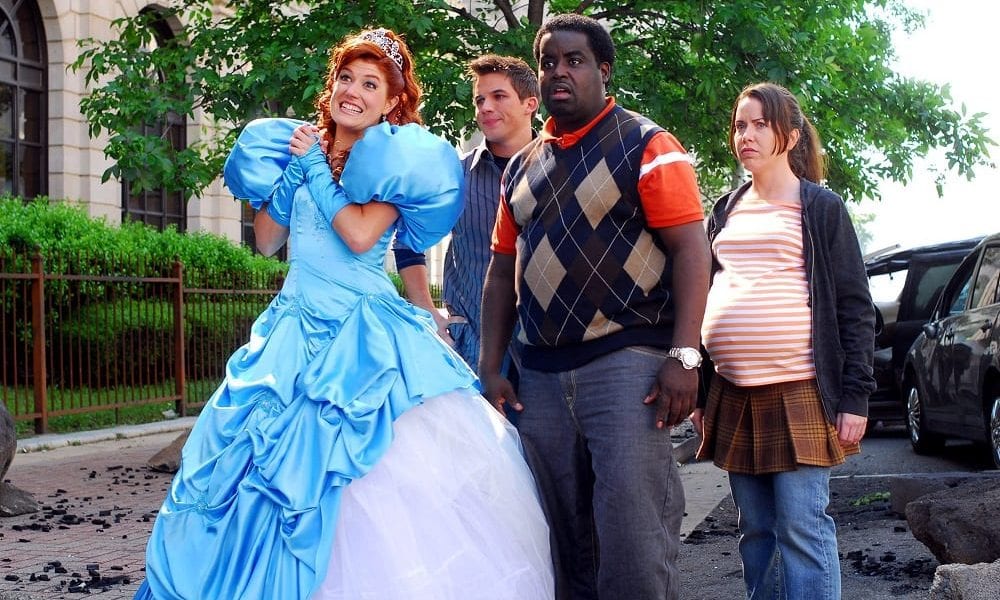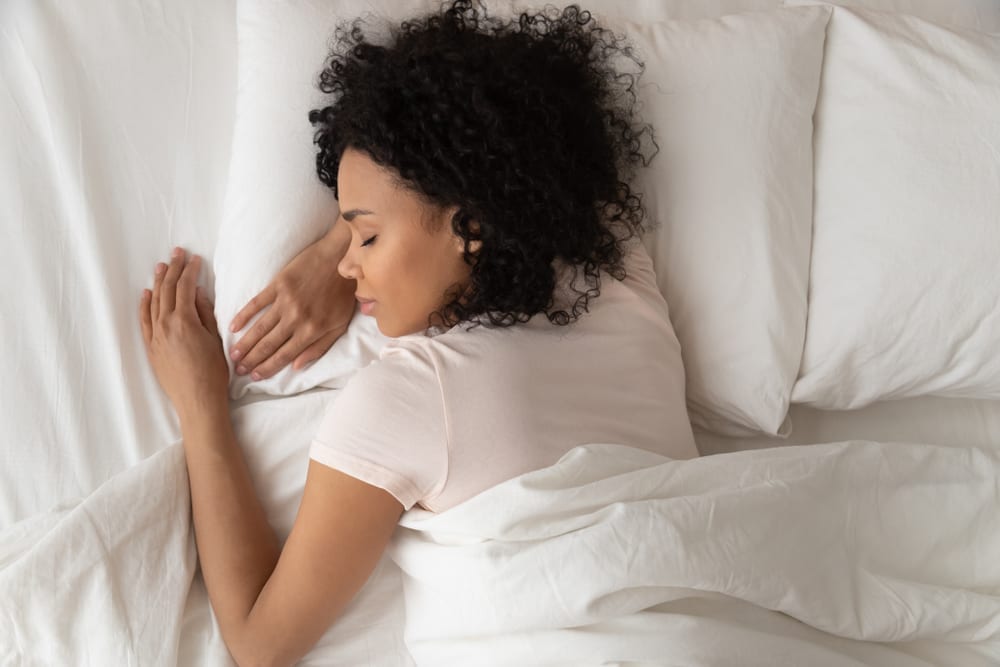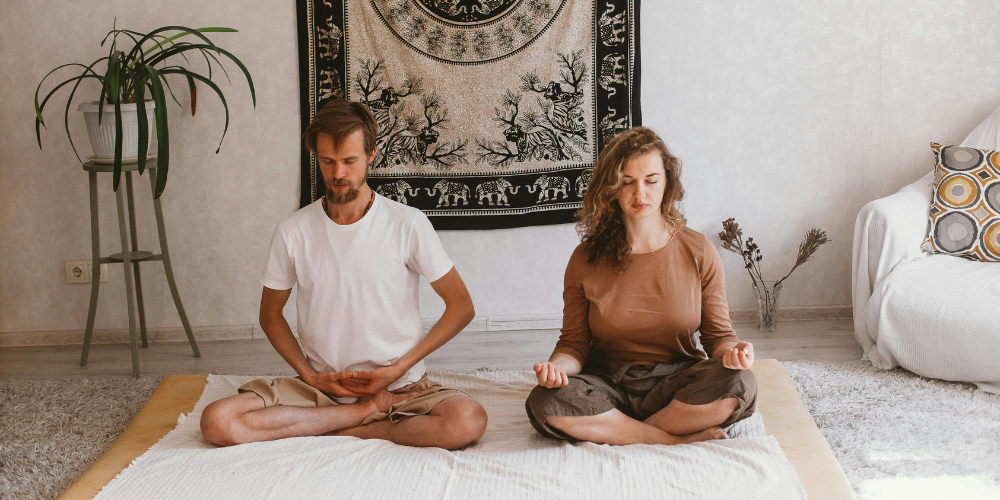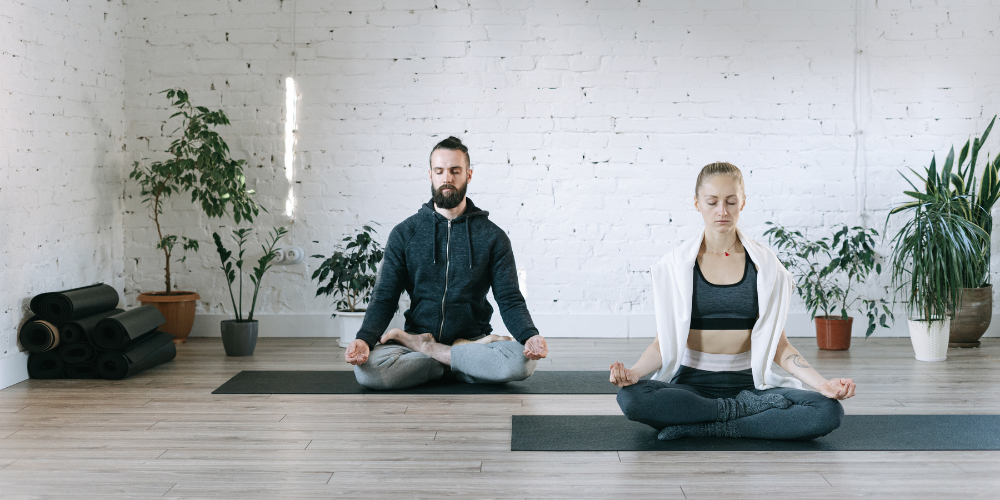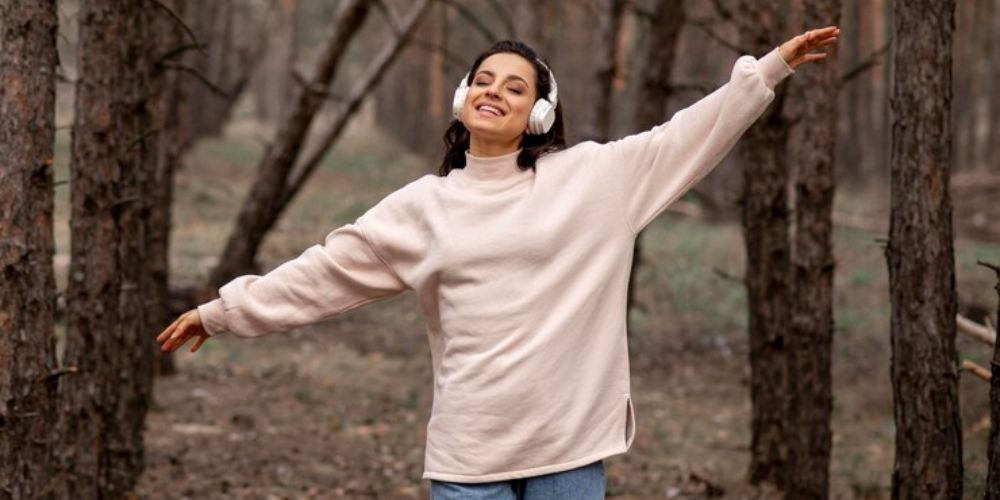Have you ever heard about using mouth tape for sleep as a simple hack to improve your nighttime rest? Yes, you read that right: Taping your mouth shut before hitting the pillow might just be the answer to your night-time woes. While it might sound like something out of a quirky life-hack video, this method has been buzzing in wellness circles and catching the attention of sleep enthusiasts around the globe.
But does mouth taping for sleep really work, or is it just another wellness fad that promises more than it delivers? Let's explore it in detail:
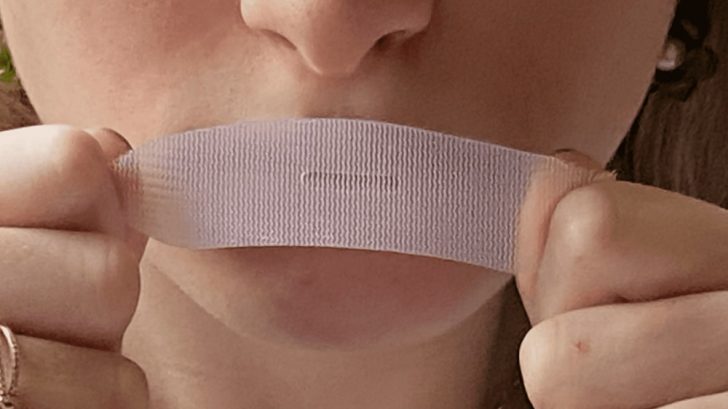
EFS Healthcare / Mouth tape for sleep - or Mouth Taping for sleep - is a trend where folks tape their mouths close to breathe out of their noses.
What Is Mouth Taping?
Mouth taping for sleep is exactly what it sounds like. It involves using a small piece of specially designed tape to gently close the lips during sleep. This simple act is said to encourage nasal breathing, which can have several benefits for sleep quality and overall health.
But before you reach for your nearest roll of duct tape, it is important to note that mouth tape is a specific product designed to be safe and comfortable for overnight use.
The Science Behind Mouth Tape for Sleep
At first glance, the idea of taping one's mouth shut for better sleep might seem odd or even counterintuitive. However, there is some fascinating science that supports the theory behind nasal breathing and its benefits. Breathing through the nose is the body's preferred route for air intake, thanks to its natural filtering, humidifying, and temperature control capabilities.
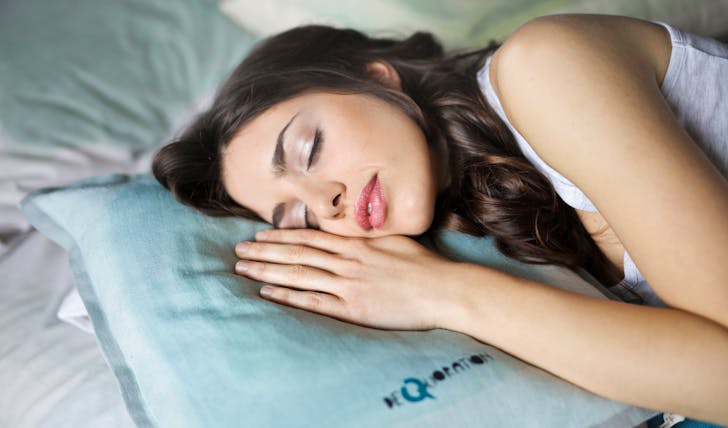
Andrea / Pexels / Most people are opting for mouth taping to avoid bad breath and snoring.
When we breathe through our mouths, we bypass these mechanisms. This can lead to drier air entering the lungs, increased snoring, and even sleep disturbances like sleep apnea.
What Are the Benefits of Nasal Breathing
Nasal breathing plays a key role in maintaining optimal oxygen and carbon dioxide levels in the blood. It also produces nitric oxide, a vital gas that improves blood circulation and supports the immune system.
By promoting nasal breathing, mouth tape for sleep may help improve sleep quality, reduce snoring, and even lessen the symptoms of sleep apnea.
Is Mouth Taping Safe?
Safety is a common concern when it comes to mouth taping for sleep. Generally, mouth taping is considered safe for individuals who can breathe comfortably through their noses.
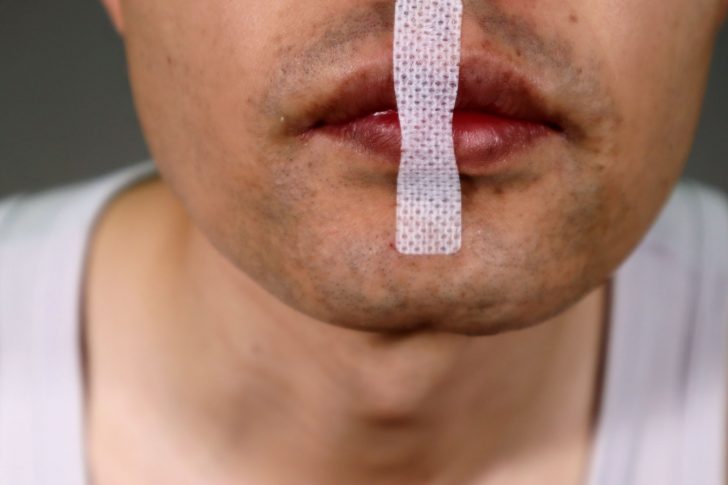
Sleep Advice / Mouth tape for sleep is not suitable for everyone, especially those with nasal congestion, respiratory issues, or those who suffer from severe sleep apnea without proper treatment.
As with any new health practice, it is best to consult with a healthcare provider before giving it a try. However, anecdotal evidence and personal testimonials provide a mixed bag of results. Some users report significant improvements in sleep quality, reduced nighttime awakenings, and a decrease in snoring.
Others find the practice uncomfortable or struggle with anxiety about having their mouths taped shut. It is clear that individual experiences can vary widely, emphasizing the need for personal experimentation under the guidance of a healthcare professional.
In the end, whether mouth tape for sleep is a miracle solution or just a sticky situation depends largely on individual factors and preferences. The key to better sleep might just be a tape away, but it is important to remember that it is just one piece of the larger puzzle of sleep hygiene and health.

